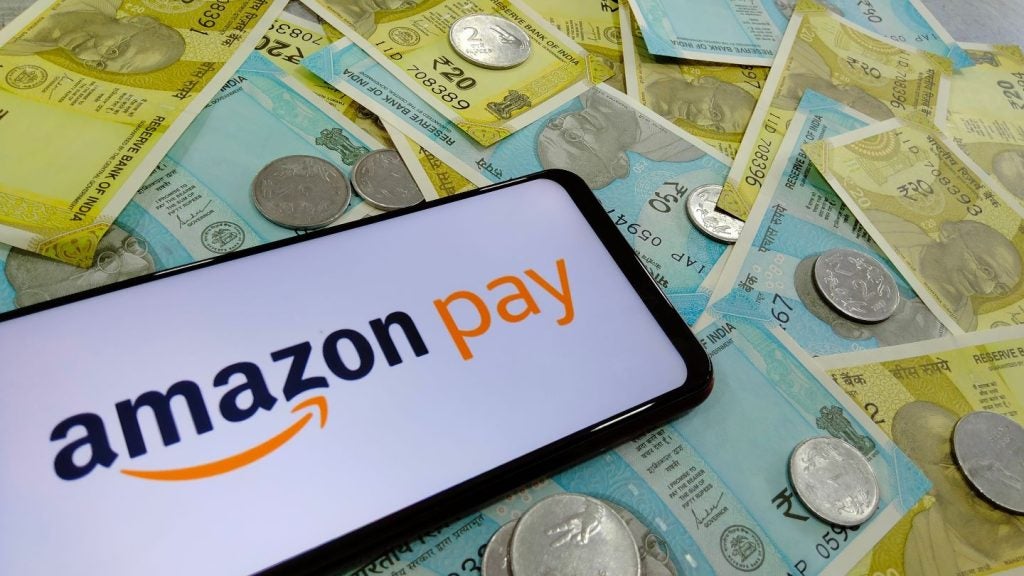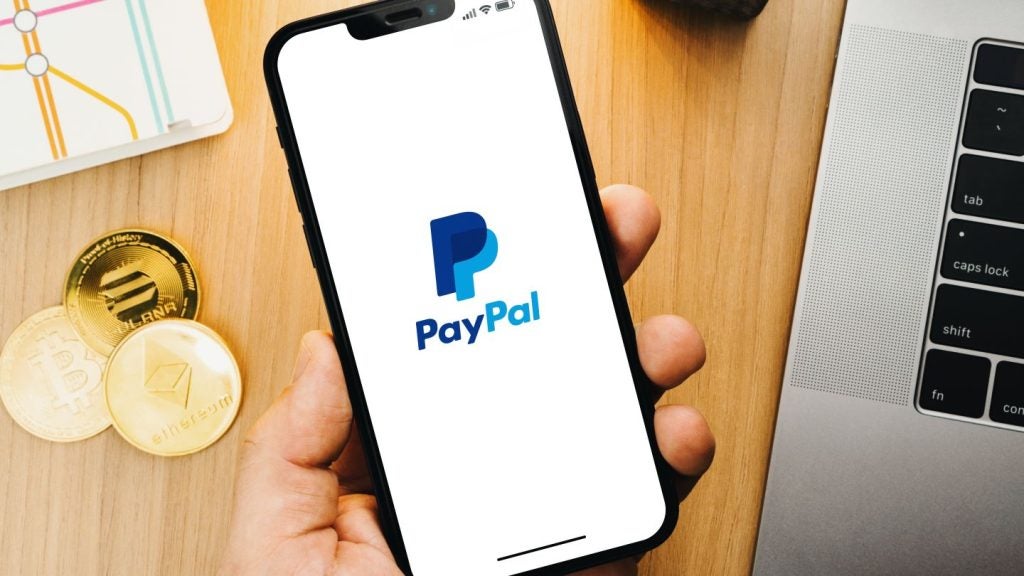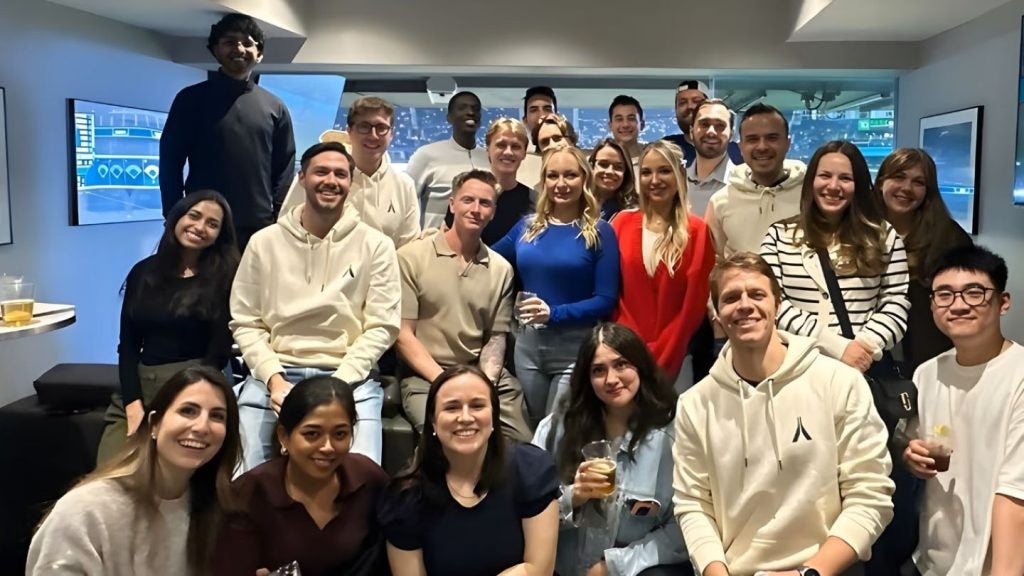Launched on 27 May, the UK’s Faster Payment
(FP) transaction processing system running on VocaLink’s Real Time
Payments Platform guarantees that payments made via phone, internet
and standing orders will be in a recipient’s account within two
hours – a far cry from the previous three-day clearing
period.
(FP) transaction processing system running on VocaLink’s Real Time
Payments Platform guarantees that payments made via phone, internet
and standing orders will be in a recipient’s account within two
hours – a far cry from the previous three-day clearing
period.
But FP, which requires banks to approve
payments within a matter of seconds of receiving requests for
funds, also brings with it increased challenges and risks for
banks, cautions Stephen Ley, a partner at professional services
firm Deloitte & Touche’s Enterprise Risk Services
practice.
payments within a matter of seconds of receiving requests for
funds, also brings with it increased challenges and risks for
banks, cautions Stephen Ley, a partner at professional services
firm Deloitte & Touche’s Enterprise Risk Services
practice.
“The Faster Payment system will be a challenge
for banks which could lead to increased risk of fraud as it will be
harder for banks to detect and block fraud in the time window
available. The existing process [being replaced] relies, in part,
on banks having sufficient time to detect suspicious transactions,”
Ley said.
for banks which could lead to increased risk of fraud as it will be
harder for banks to detect and block fraud in the time window
available. The existing process [being replaced] relies, in part,
on banks having sufficient time to detect suspicious transactions,”
Ley said.
Although the 12 banks and one building society
that have established FP are phasing the service in gradually,
maximum phone and internet payments will be £10,000 ($19,600) and
maximum standing order payments £100,000.
that have established FP are phasing the service in gradually,
maximum phone and internet payments will be £10,000 ($19,600) and
maximum standing order payments £100,000.
Deloitte & Touche also noted that there
will be considerable cannibalisation of existing bank revenues
because FP will enable businesses to reduce charges they incur on
payments below £10,000 by shifting from the CHAPS real time gross
settlement system to FP.
will be considerable cannibalisation of existing bank revenues
because FP will enable businesses to reduce charges they incur on
payments below £10,000 by shifting from the CHAPS real time gross
settlement system to FP.
Prior to the launch of FP the only way to make
a same-day payment was via CHAPS. According to industry body APACS,
in 2007 nearly half of all the 14.6 million payments via CHAPS were
under £10,000 in value.
a same-day payment was via CHAPS. According to industry body APACS,
in 2007 nearly half of all the 14.6 million payments via CHAPS were
under £10,000 in value.
On a positive note Ian Foottit, Deloitte &
Touche’s payments strategy director, said banks that successfully
manage challenges will gain significant operational and strategic
benefits.
Touche’s payments strategy director, said banks that successfully
manage challenges will gain significant operational and strategic
benefits.
“Faster Payments does provide innovative retail
banks with a real opportunity to think about customer friendly new
services for the consumer,” said Foottit. He said one example of
potential new services that would permit a bank to differentiate
itself would be emergency payments triggered by mobile phone alerts
if a customer is in danger of missing the pay by date on a
bill.
banks with a real opportunity to think about customer friendly new
services for the consumer,” said Foottit. He said one example of
potential new services that would permit a bank to differentiate
itself would be emergency payments triggered by mobile phone alerts
if a customer is in danger of missing the pay by date on a
bill.
According to APACS, there were 124.5 million
internet and phone payments valued at an average of £303 each and
347.3 million standing order payments valued at an average of £321
each made in the UK last year. The number of internet and phone
payments is forecast by APACS to rise to 300 million by 2017 and
the number of payment orders to 422.3 million.
internet and phone payments valued at an average of £303 each and
347.3 million standing order payments valued at an average of £321
each made in the UK last year. The number of internet and phone
payments is forecast by APACS to rise to 300 million by 2017 and
the number of payment orders to 422.3 million.






